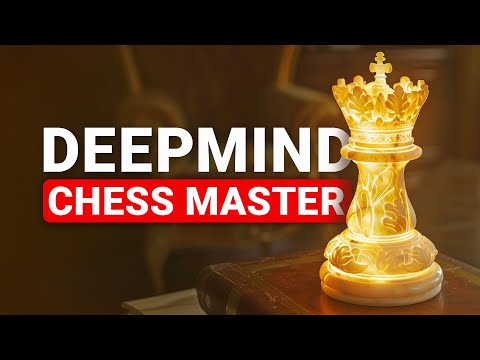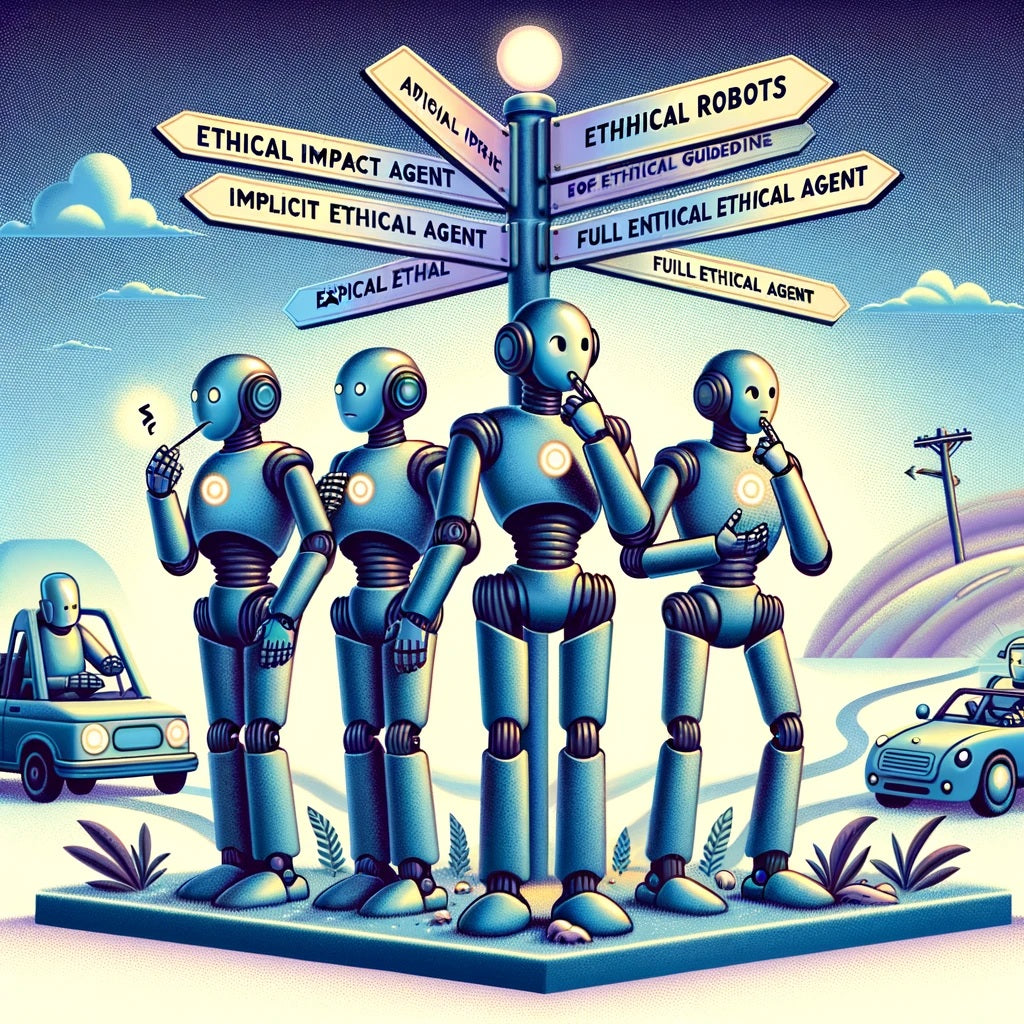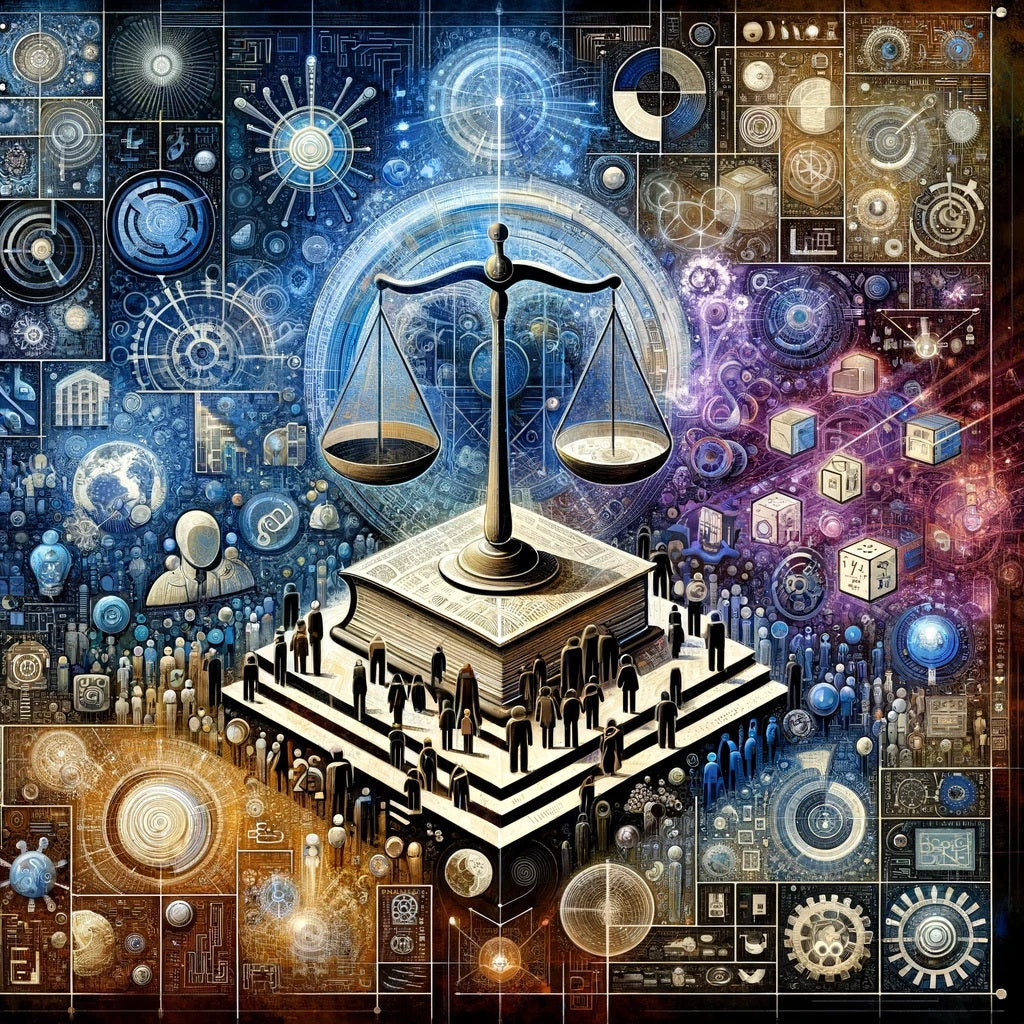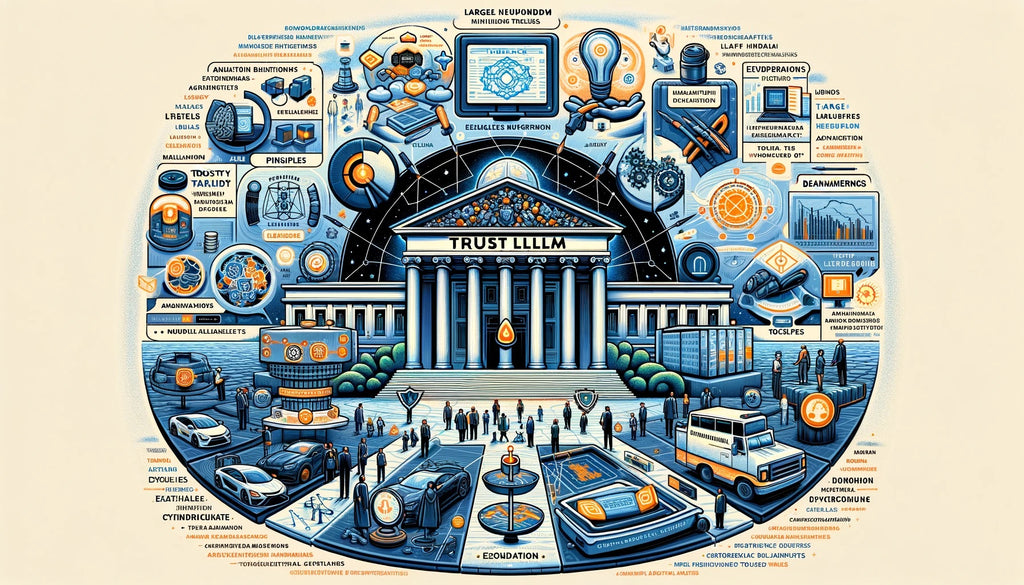AI RSS
Trust LLM: Types of Ethical Agents: Understanding James H. Moor's Categorization
Abstract Introduction Background Trust LLM Preliminaries Assessments Trustworthiness Truthfulness Safety Fairness Robustness Privacy Protection Machine Ethics Transparency Accountability Open Challenges Future Work Conclusions Types of Ethical Agents Types of Ethical Agents: Understanding James H. Moor's Categorization In the realm of ethical robotics and artificial intelligence, James H. Moor's categorization of ethical agents provides a comprehensive framework for understanding how robots can adhere to ethical standards. His classification includes ethical impact agents, implicit ethical agents, explicit ethical agents, and full ethical agents. Ethical Impact Agents These are robots or AI systems whose actions have ethical consequences, regardless of whether they...
TrustLLM: Transparency
Abstract Introduction Background Trust LLM Preliminaries Assessments Trustworthiness Truthfulness Safety Fairness Robustness Privacy Protection Machine Ethics Transparency AccountabilityOpen Challenges Future WorkConclusions Synopsis The discussion centers around the critical role of transparency in the responsible development of Large Language Models (LLMs). Transparency is vital to understand the capabilities and limitations of LLMs, how they operate, and manage their outputs. The discussion explores various dimensions of transparency, including informational, normative, relational, and social aspects, and the challenges and approaches in enhancing transparency in LLMs. Different Perspectives on Transparency: Transparency in LLMs is multi-faceted, encompassing informational (disclosure of details about a model),...
TrustLLM: Conclusions
Abstract Introduction Background Trust LLM Preliminaries Assessments Trustworthiness Truthfulness Safety Fairness Robustness Privacy Protection Machine Ethics Transparency AccountabilityOpen Challenges Future WorkConclusions
TrustLLM: Future Work
Abstract Introduction Background Trust LLM Preliminaries Assessments Trustworthiness Truthfulness Safety Fairness Robustness Privacy Protection Machine Ethics Transparency AccountabilityOpen Challenges Future Work Types of Ethical Agents Conclusions TRUSTLLM is a comprehensive framework designed to analyze and enhance the trustworthiness of Large Language Models (LLMs). This framework includes principles for different trust dimensions, established benchmarks, evaluation methods, and analysis of mainstream LLMs. Limitations and Future Directions: The research acknowledges several limitations and outlines seven future directions to improve LLM trustworthiness: Expansion of Prompt Templates: Aims to reduce errors and randomness by diversifying prompt templates. Inclusion of Diverse Datasets: Incorporates a broader...




